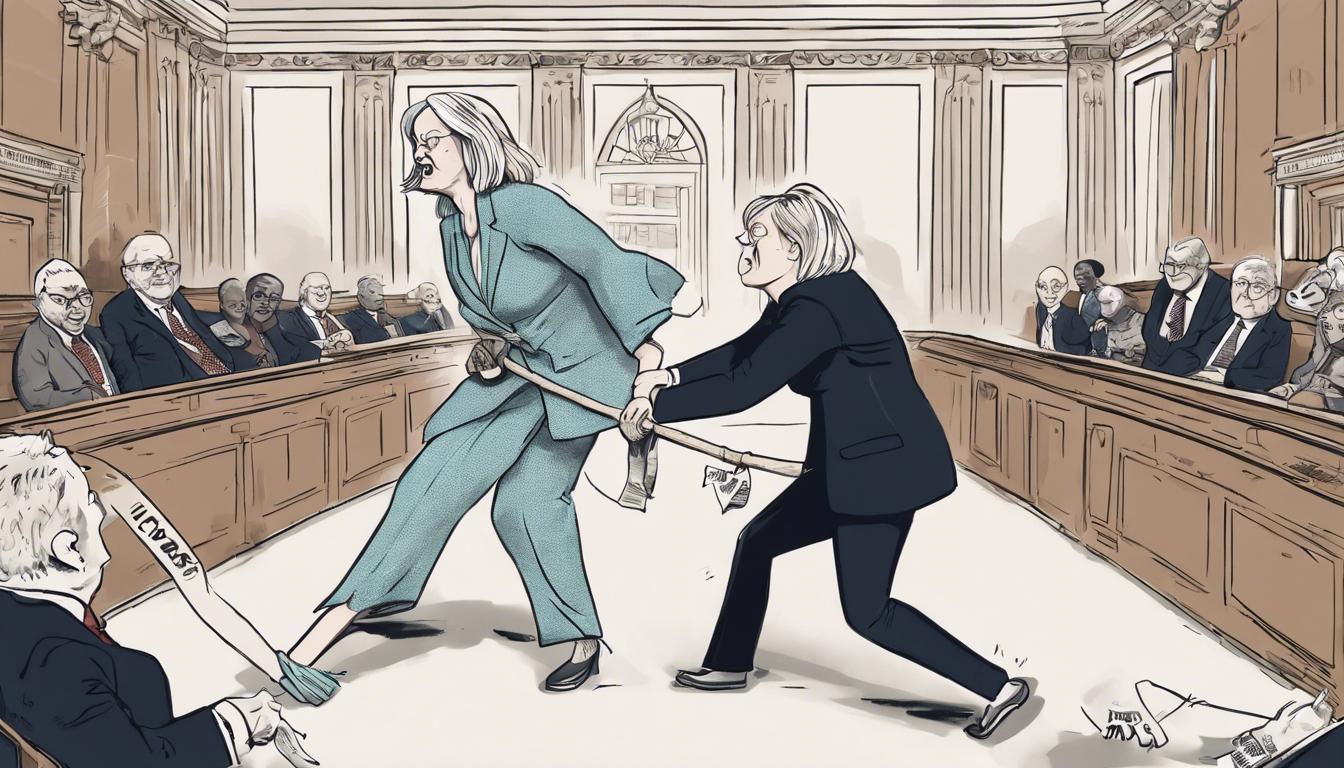Former Prime Minister Liz Truss alleges Labour MPs are blocking debate on legislation to redefine sex as ‘biological’ and restrict transgender women’s access to women-only spaces, amid broader controversies over gender rights and parliamentary efficiency.
Former Prime Minister Liz Truss has accused Labour MPs of deliberately obstructing the parliamentary debate on her proposed legislation that seeks to introduce reforms in transgender laws in the UK. Truss’s bill aims to define sex as “biological” and proposes restrictions on transgender women accessing women-only spaces and participating in women’s sports. She has expressed frustration, stating that Labour’s tactics of extending previous debates resulted in insufficient time to discuss her bill, thereby neglecting issues she considers critical for safeguarding children and single-sex spaces.
Truss, supported by Equalities Minister Kemi Badenoch, criticized Labour for prioritizing “ideology” over the protection of women and children. Despite efforts to reschedule, the bill faces an uncertain future due to parliamentary procedures and priorities. This legislative standoff highlights the ongoing contention between the Conservative and Labour parties over gender identity and children’s rights issues.
The development follows the NHS’s decision to stop prescribing puberty blockers to children, a move the government supports as being in the best interest of minors. Truss’s legislative efforts are part of a broader campaign, supported by entities like the Daily Express, advocating for the rights and protections of women and girls against what they term as an “extreme agenda” by certain groups.
In a related context, Conservative MPs, including Chancellor Rishi Sunak, have defended their work ethic amidst accusations of overseeing a ‘zombie parliament’ characterised by reduced sitting times and alleged inefficiency. Critics argue that this has led to a backlog of important legislative work, including debates on issues such as transgender law reforms.
The situation encapsulates the complex interplay of politics, gender rights, and legislative processes in the UK, with significant debate on the balance between protecting women’s spaces and accommodating transgender rights. As the discussion continues, the government’s position on Truss’s bill remains a focal point of interest.













